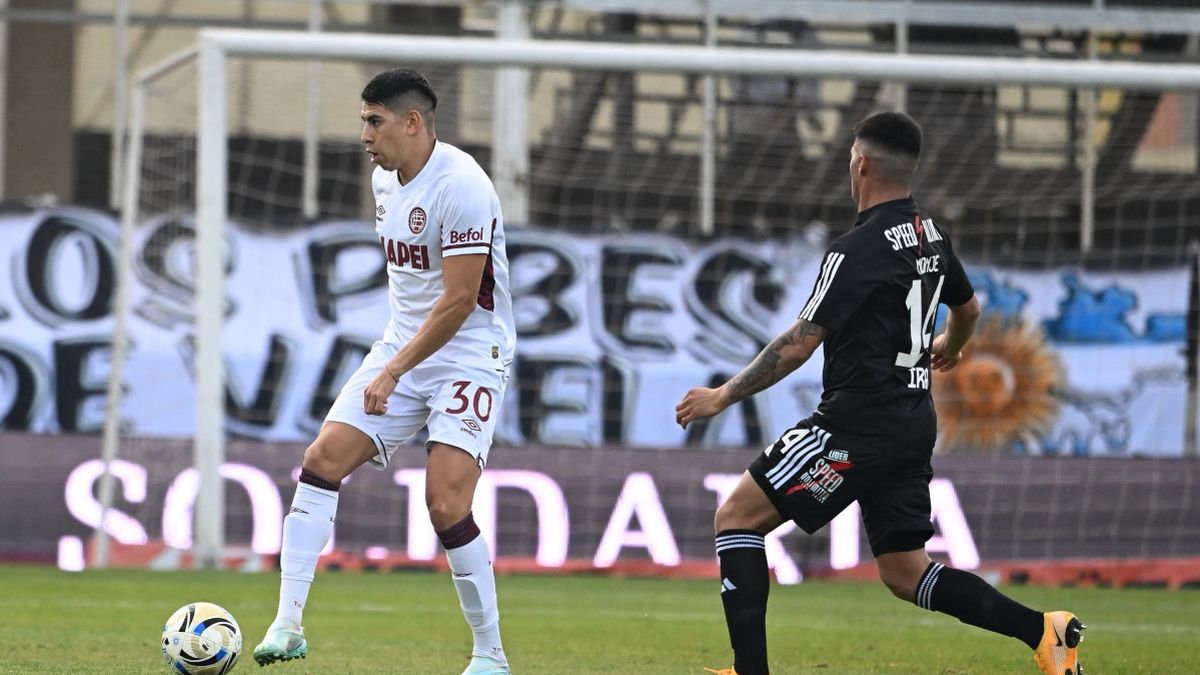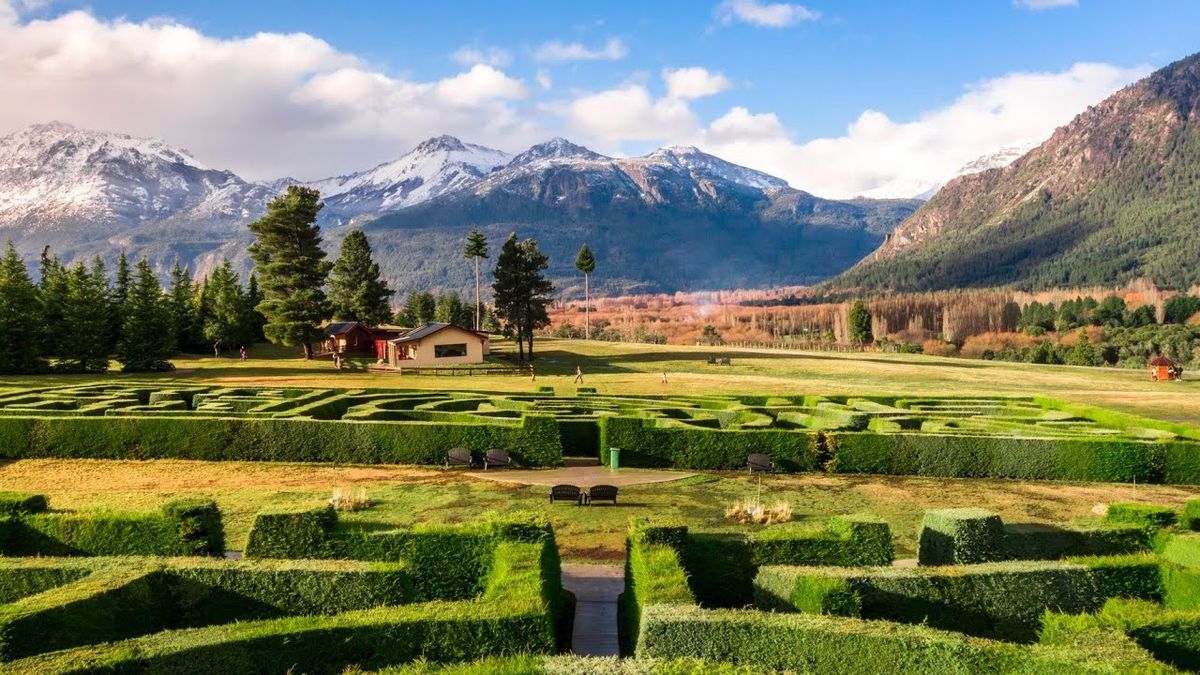Stage two of Chancellor Scholz’s summit marathon is over. The G7 states primarily discussed their course towards Russia. Meanwhile, the next peak casts its shadow ahead.
After more than half a dozen working sessions and numerous bilateral talks, the G7 heads of state and government are concluding their deliberations in Schloss Elmau, Bavaria.
The leading democratic economic powers (G7) are bracing themselves with a further 4.5 billion US dollars against the threatening starvation caused by the Russian Ukraine war. Especially in African countries, the food crisis has become an “existential threat”, said Federal Chancellor Olaf Scholz (SPD) at the end of the three-day summit. “We therefore also want to act and have therefore forged a global alliance for food security,” said the summit host.
In order to tackle rising energy prices, the G7 want to examine a price cap on Russian oil. The chancellor received support from the other heads of state and government for his plans for an international climate club in the fight against global warming.
In addition to Germany, the group of 7 includes the USA, Canada, Great Britain, France, Italy and Japan. EU Commission President Ursula von der Leyen and Council President Charles Michel also attended the meeting in the Bavarian Alps.
Results of the G7 Summit
Over the past two days, the G7 have agreed on further financial, military, humanitarian and diplomatic support for Ukraine. They also announced new sanctions against Russia, including against its defense industry.
Scholz: G7 unbreakable on the side of Ukraine
In view of the Russian war of aggression, Scholz assured that the G7 stood “closely and steadfastly on the side of Ukraine”. “We agree: President (Vladimir) Putin must not win this war.” They will “uphold and inflate the economic and political costs to President Putin and his regime. It’s important to stand together for this, even over the long haul, which will certainly still be at stake here.”
Scholz referred to decisions to support Ukraine, including the provision of budget support of around 29 billion US dollars (around 27.51 billion euros). There is also humanitarian aid. In addition, the country will receive weapons. According to Scholz, the reconstruction should be discussed at a separate conference. The day before, the G7 countries had promised Ukraine further support against Russia and promised new sanctions against Moscow.
At the NATO summit in Madrid on Wednesday and Thursday, Russia’s war against Ukraine will also be the focus of discussions. Scholz, US President Joe Biden and other G7 heads of state and government traveled from Elmau to the Spanish capital.
G7 urge Russia to end grain blockade
Scholz emphasized that there are “345 million people who we know do not have enough to eat. That’s four times as many as live in Germany.” The G7 called on Russia to unconditionally end the blockade of Ukrainian ports. Wheat silos and other agricultural infrastructure should no longer be destroyed. These Russian activities “can only be seen as a geopolitically motivated attack on global food security,” criticized the G7.
Ukraine and Russia are the world’s largest wheat exporters. Normally, they cover almost a third of global demand. However, because Russia is blocking Ukrainian ports, a lot of grain cannot be exported. Smaller quantities have, at least temporarily, pushed up prices on the world markets. According to experts, the worst humanitarian crisis since the end of the Second World War is imminent. The situation in Ethiopia, Nigeria, South Sudan, Yemen, Afghanistan and Somalia is considered catastrophic.
Chancellor: Still a lot of work needed for the oil price cap
According to Scholz, the plans for a price cap for Russian oil still require a lot of work. It is “a very ambitious and very demanding project”. Among other things, the responsible ministers of the G7 countries should examine mechanisms for such a price cap.
Plans envisage forcing Russia to sell oil to large buyers such as India for a significantly lower price in the future. On the one hand, the upper limit is intended to ensure that Russia no longer benefits from price increases on the energy market. On the other hand, it should contribute to a relaxation on the oil markets worldwide. In the EU and also in the USA, the high fuel prices are currently a major issue. A price brake for gas is also under discussion.
G7 round supports goals of Scholz’ climate club
Scholz received support for his plans to set up an international climate club. They support the goals of such an “open and cooperative” association and want to work with partners to set it up by the end of 2022, according to the G7 statement. The club should aim to reduce greenhouse gas emissions, including measuring and recording them.
Scholz was pleased with the support. “We agree: we need more ambition, more ambition, to achieve our climate goals,” he said. He reaffirmed the G7 goal of reducing dependence on oil and gas from Russia and promoting the expansion of renewable energies and climate protection. He said: “We all agree where the future lies, namely not with gas.”
With energy partnerships, the G7 want to help poorer countries with expertise and money in the transition to a more climate-friendly economy.
Development Agencies: Historic G7 Failure
Development organizations reacted with disappointment to the summit and accused the G7 of “historic failure” in dealing with crises. Despite new promises of aid, the group does not live up to their responsibility. Significantly more money is needed to combat hunger, more ambitious climate protection goals and support for low-income countries. The fight against the corona pandemic, which is still dramatic for many countries, was only mentioned in passing.
G7 calls on China to respect human rights
Scholz called on China not to undermine the sanctions imposed on Russia. The final statement said: “We are very concerned about the human rights situation in China.” Beijing will continue to be asked to “respect universal human rights and fundamental freedoms, including in Tibet and Xinjiang, where forced labor causes us great concern.” With regard to the global economy, the G7 criticize China’s “non-transparent and market-distorting interventions”.
Nato issue: Russia’s war against Ukraine
The pressure on Russia, which started a war against Ukraine at the end of February, is also to be increased during the consultations in Spain. NATO sent a clear signal at the beginning of the week: Secretary General Jens Stoltenberg announced on Monday that the alliance would increase the number of its rapid response forces from around 40,000 to more than 300,000.
In addition to the plans for the rapid response forces, the inclusion of Sweden and Finland should also be discussed. Turkey is blocking the admission process for the two countries – President Recep Tayyip Erdogan shows no willingness to compromise. It is still unclear whether Turkey’s blockade can be broken.
Source: Stern
David William is a talented author who has made a name for himself in the world of writing. He is a professional author who writes on a wide range of topics, from general interest to opinion news. David is currently working as a writer at 24 hours worlds where he brings his unique perspective and in-depth research to his articles, making them both informative and engaging.




